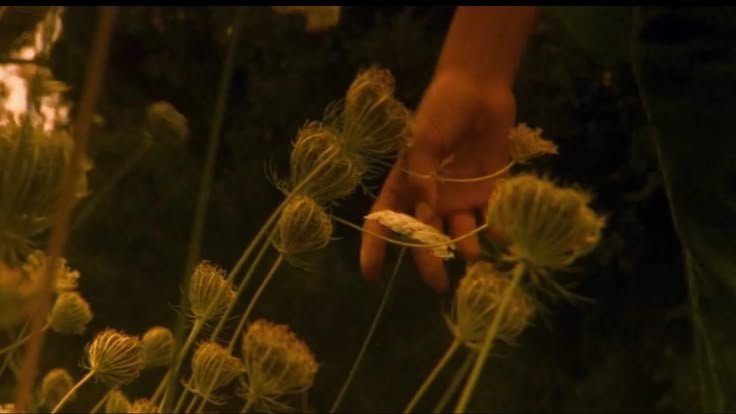There was a man named Jonathan Cresswell, and he was of two minds. One mind laughed easily, gushed over the beauties of the world, danced with friends, and drank deeply of every joy. The other watched, silent, severe. And while the first sang, the second memorized the cracks and flaws in the singer’s voice. All men are twins within themselves. The cradle is made for one, but two lie in it.
Cresswell did not fear this duality—at first. He paraded the Bubbly & Boiling Self before company, smiling so fiercely he could taste blood on his gums. The Stagnant & Stoic Self was quieter, hidden deep behind the teeth.
Cresswell had very carefully maintained a distance between the two faces, making sure they never meet. Making sure he doesn’t love and despise at the same time or he doesn’t admire and critique at the same. He thought himself balanced. He thought he had the power to willfully use and convert his two faces to the one fit for the occasion. He thought wrong. The faces cracked into one another, urging to dissolve into one, and, unfortunately, succeeding. In doing so—in the conversion of the two faces into one—they destroyed the identity of Cresswell as a whole.
It began on a Tuesday, as such things often do. He laughed too loudly at a friend’s joke, and in the very same breath, his mind recoiled. “What a wretched, braying sound you make,” the Stoic Self murmured. Jonathan flinched, though no one saw. The laugh died in his throat.
He went home early, the air around him tightening into a shroud.
Duality is not balance. It is war postponed.
The days that followed were neither feverish nor cold—they were both, ironically, like him.
He found himself smiling at strangers while imagining them faceless and dead. He courted lovers while composing eulogies for their bodies.
At night, his dreams split open. In one dream, he stood in a ballroom, twirling and laughing, his hands sticky with wine. In another, he sat in a barren field, unmoving, as locusts and centipedes devoured his feet. He ceased to dream them separately. The dancers and the locusts soon shared the same floor. The dancers danced so that the locusts don’t devour their feet.
It was subtle, the manner in which Cresswell eroded. A flicker here, a wrong laugh at a funeral. A sudden tear of rage in the middle of a tender kiss. He could not tell, after a time, whether the boiling laughter and his bubbly behavior was true or whether the stoic sneer and his stagnant self was the greater honesty. He began to speak to himself in a mirror. Not to himself, but to them—plural.
“Choose,” he would say, “Choose who I am.”
Insanity is not the loss of reason, but the cohabitation of two reasons, each clawing for the tongue.
One night, Jonathan found himself sitting by the hearth, unmoving for hours, the fire sputtering low. He smiled, though he felt no joy. He wept, though he felt no grief.
The boiling and the stagnancy had met—and where they met, they bred a third thing: stillness. Not peace. Not balance. A kind of spiritual rigor mortis. When two rivers meet, they do not kiss; they drown each other.
Smiling, weeping, trembling, and utterly still, he lit a match and dropped it into his lap. As the fire consumed him, he thought he heard laughter and also a silence.
Perhaps it was both. Perhaps it was neither.
Perhaps it was simply Cresswell, at last made whole.
